Understanding PV Controllers
Photovoltaic (PV) controllers, essential components in solar energy systems, regulate the flow of electricity generated by solar panels to batteries, ensuring efficient charging and protection against overcharging. These devices play a pivotal role in maintaining the longevity and safety of solar power setups.
Types of PV Controllers
There are several types of PV controllers, each suited to specific system requirements. The hybrid solar wind charge controller is designed for systems that harness both solar and wind energy, providing a versatile energy solution. For solar-specific applications, the solar charge controller inverter combines the functionality of charge regulation with power inversion, simplifying installations. Advanced maximum power point tracking (MPPT) controllers optimize the power output from solar panels, significantly enhancing efficiency.
Features and Applications
PV controllers come with a variety of features tailored to different applications. The hybrid solar controller is ideal for mixed-energy sources, commonly used in remote and off-grid locations. In contrast, the solar controller and inverter are well-suited for residential solar systems, streamlining the conversion of DC to AC power. For industrial applications, MPPT in solar PV systems is preferred due to its ability to maximize power extraction under various conditions.
Materials and Advantages
Constructed from durable materials, PV controllers are designed to withstand environmental stressors, ensuring reliable performance. The use of MPPT photovoltaic technology in controllers offers the advantage of increased energy harvest from the PV array. Additionally, the integration of a DC DC converter with MPPT allows for greater flexibility in voltage management, accommodating different battery storage systems.
Choosing the Right PV Controller
Selecting the appropriate PV controller requires understanding the specific needs of a solar power system. Factors such as system size, type of batteries used, and the presence of additional energy sources like wind should influence the decision. For instance, a hybrid solar charge controller would be necessary for a system that combines solar and wind energy inputs.
Environmental Impact and Sustainability
PV controllers contribute to the sustainability of solar power systems by optimizing energy use and reducing waste. By maximizing the efficiency of the power transfer from panels to batteries, these devices ensure that renewable energy resources are utilized effectively, supporting global efforts towards a greener future.
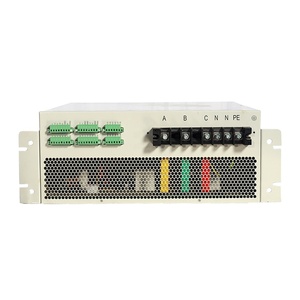





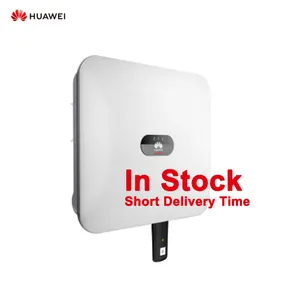

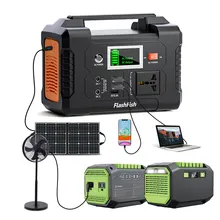




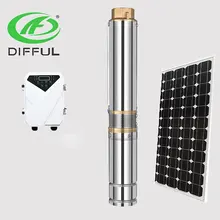
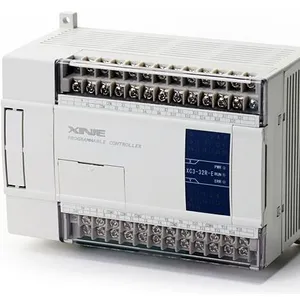



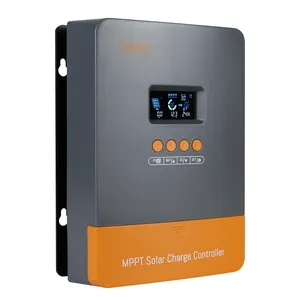
















 浙公网安备 33010002000092号
浙公网安备 33010002000092号 浙B2-20120091-4
浙B2-20120091-4